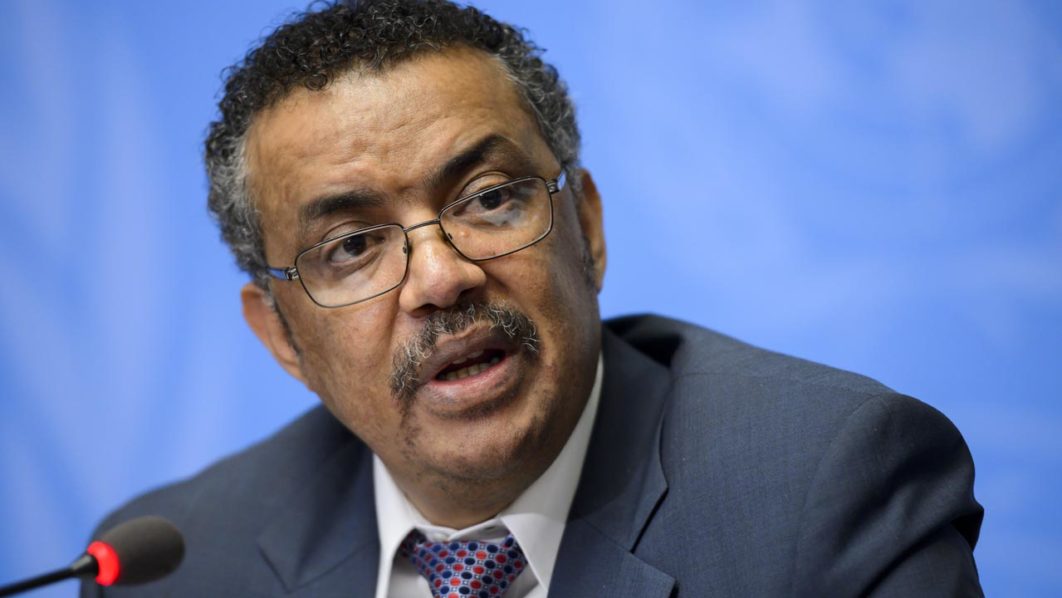
World Health Organisation (WHO), yesterday, said ongoing outbreaks across Africa highlight urgent need for every country to ramp up care systems.
Director General of WHO, Dr. Tedros Adhanom Ghebreyesus, said the call comes against a backdrop of Marburg and mpox outbreaks, the more than 10,000 COVID-19 deaths still being reported weekly, and ongoing emergency response to the deadly earthquake in Syria and Türkiye.
“Together, these current conditions point to the critical need for all countries to build health systems” that can successfully handle such emergencies, he said.
Recalling his recent visit to Syria, he said more than a decade of conflict has left the country’s health infrastructure unable to cope with the aftermath of the recent earthquake, with town after town destroyed, unfolding as a demonstration of the legacy of war.
Recent outbreaks are also a stark reminder of the urgent need to strengthen health systems, he said.
Global health chiefs are in a race against time to develop a vaccine for a virus that is a deadlier version of Ebola and which appears to be spreading in Central Africa.
Panic is setting in about Marburg virus, which can initially masquerade as a cold before causing an explosion of horrifying symptoms, including organ failure and bleeding from multiple orifices.
An outbreak of the extremely deadly virus – which kills up to nine in 10 sufferers – was declared in Equatorial Guinea on Monday after nine deaths and 16 suspected cases.
Wednesday night, neighbouring Cameroun declared two suspected infections in a pair of teenagers with no travel links to Equatorial Guinea – indicating it is more widespread than official case counts suggest.
Marburg causes a haemorrhagic fever similar to that of Ebola. After incubating in the body for several days, if not weeks, it causes a devastating eruption of inflammation and blood clotting around the body that causes organs to stop working.
To address the recent outbreak in Equatorial Guinea, WHO is working with authorities to rapidly detect any suspected cases of Marburg, a rare Ebola-like virus that has a fatality rate of up to 88 per cent.
To date, nine deaths have been reported, with no currently confirmed cases in neighbouring Cameroun and Gabon.
Vaccines are being developed, and Equatorial Guinea will be involved in any related decisions on clinic trials.



